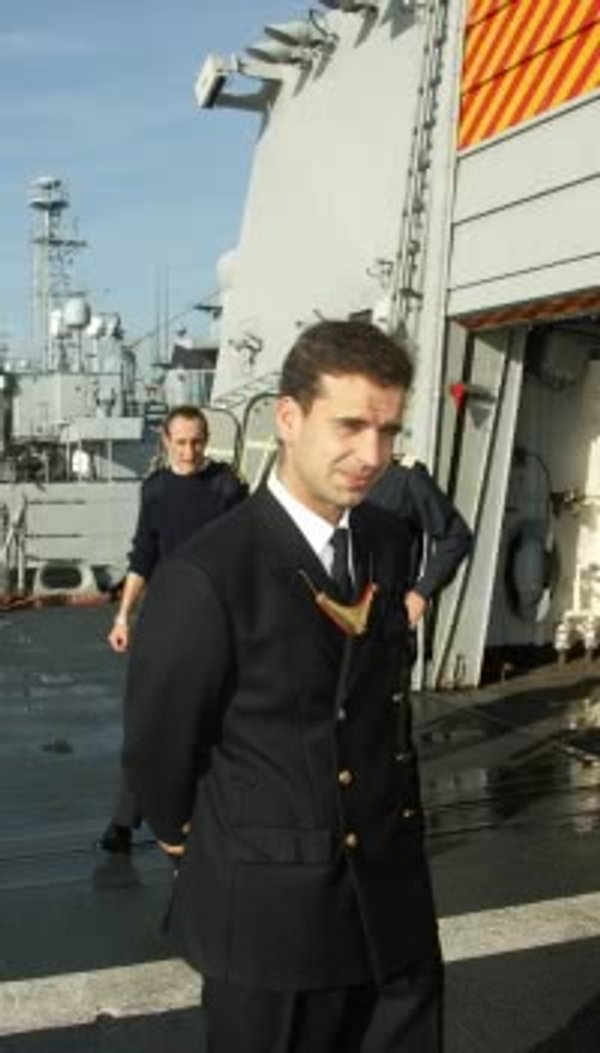Our destination was the Republic of Djibouti, a small country located in the Horn of Africa. A French colony until 1977, and one of the hottest countries in the world, Djibouti's economic development has been slow to take off.
Before we left for the maneuvers, our first step was to determine what type of help would be the most useful for the people of Djibouti, within the limits of our possibilities. After several attempts, we obtained the telephone number of Father Armando, the pastor of the only Catholic Church in that region and also the agent for the local Caritas office.
After thanking us for our concern, Father Armando told us that they were in urgent need of medications, especially antibiotics and various medical supplies. Also needed were diapers and medicines for babies, which were very difficult to obtain in Djibouti.
So we began a campaign to collect medications. We mailed letters explaining our needs to schools, foundations, pharmacies, and NGOs in Ferrol, Spain, the port where our ship is based.

The response was not long in coming. Within a few days, we received a shipment of approximately one ton with the requested medications, sent by one of the foundations. In the following weeks, schools, pharmacies, and NGOs called to say that other shipments were on the way.
Our collection was so successful that the amount of supplies overwhelmed us. Due to the lack of space aboard the ship, we were unable to take all that was offered to us.
Some parents from the Youth Club Roiba de Ferrol also wanted to help out, and they brought over a large supply of chocolate bars for the children of Djibouti. We weren’t sure that the chocolate would be the type of help Father Armando would appreciate, but faced with the parents' insistence we included them in our aid shipment. All the ship’s staff gladly helped out in the collection of supplies.

After a month of maneuvers, we arrived in Djibouti. On arriving at the port, we began negotiations for the delivery of the humanitarian aid to Father Armando. Since the aid was a non-official private initiative, the negotiations with the local authorities were not easy.
Finally, after several negotiations with the port authority and with local agents, we were able to load a truck to deliver the supplies to Caritas in Djibouti. We were also able to distribute the chocolate bars at a school. This proved to be a great success.
Thirty members of the ship’s staff, including the commander himself, helped to unload the supplies. Some of them, on seeing the joy with which the medical supplies were received, as well as material hardships suffered by the local population, underwent a conversion and decided to take their Christian lives more seriously.

As in many charitable initiatives carried out in solidarity with others, those who receive the most are those who give.
